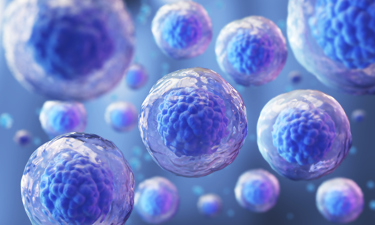Build For The Future: Optimizing Autologous Cell Therapy Clinical Trials
By Karen Ivester, RN, MA, Executive Director, Clinical Operations, Global Hematology/Oncology, Cell Therapy Programs at inSeption Group

The optimism surrounding the future of autologous cell therapy (ACT) is well-founded. Beyond its applications in treating autoimmune diseases, bloodborne cancers, and specific solid tumors, ACT is now under investigation for its potential to support wound healing, burn treatment, and postoperative recovery. Notably, therapies developed using a patient's own cells help mitigate the risks associated with "systemic immunological reactions, bio-incompatibility, and disease transmission linked to grafts or cells not sourced from the individual."¹
However, it's important to acknowledge the formidable challenges related to funding, expertise, and patient participation that must be surmounted to advance ACT research. These challenges compound the already significant difficulties faced by organizations and their contract research organization (CRO) partners in traditional clinical trials.
Within this eBook, you will find four articles authored by Karen Ivester, RN, MA, the Executive Director of Operations for Cell & Gene Therapy Programs at inSeption Group regarding the continued expansion of interest and research in ACT. Drawing from her extensive 25+ years of experience in the realms of biopharmaceutical companies, CROs, community-based research, and academic cancer center settings, Ivester's articles dissect the critical resources, processes, and key stakeholders essential for the successful completion of an ACT clinical trial.
Get unlimited access to:
Enter your credentials below to log in. Not yet a member of Cell & Gene? Subscribe today.
